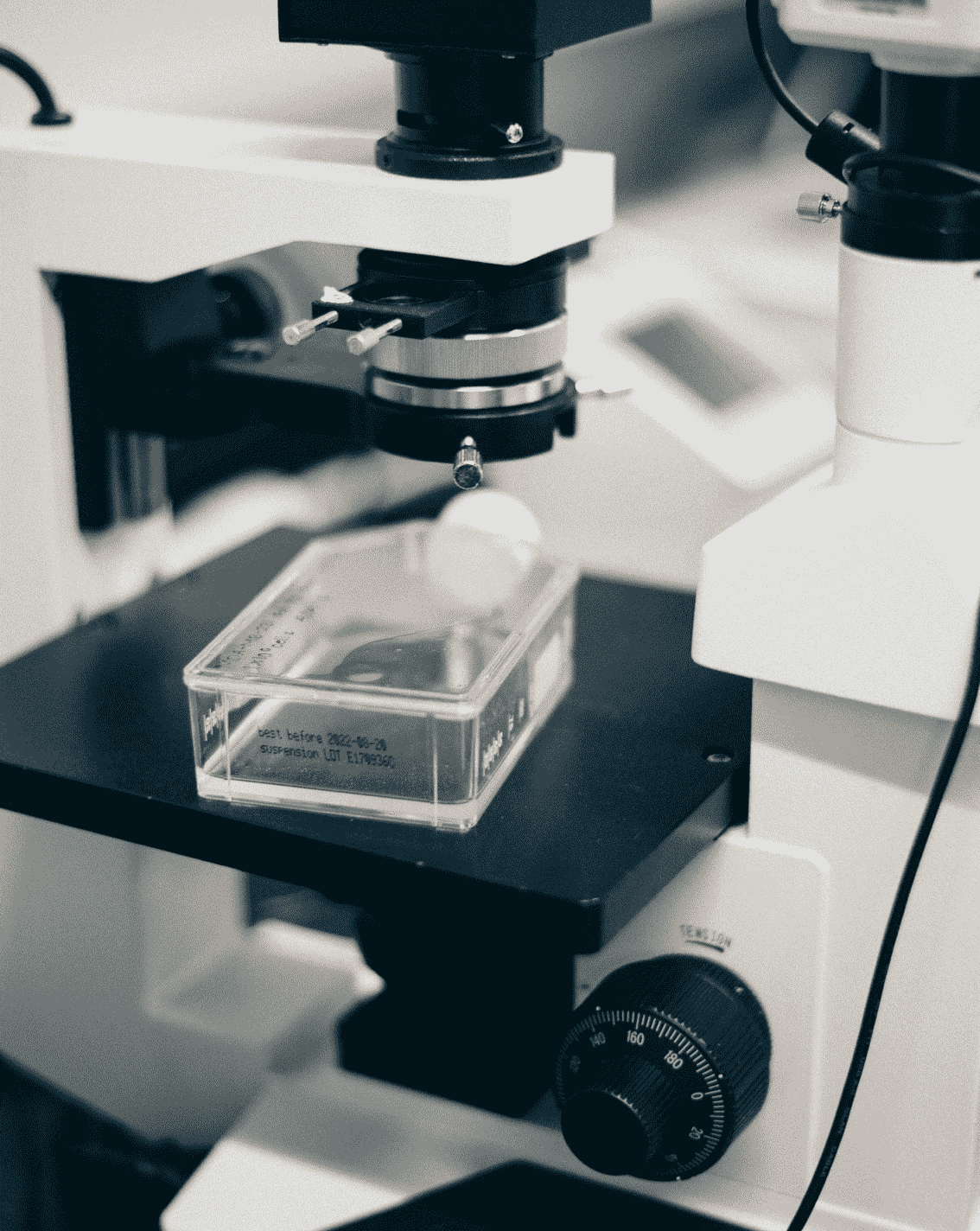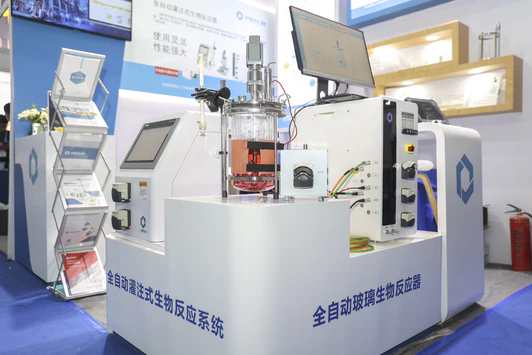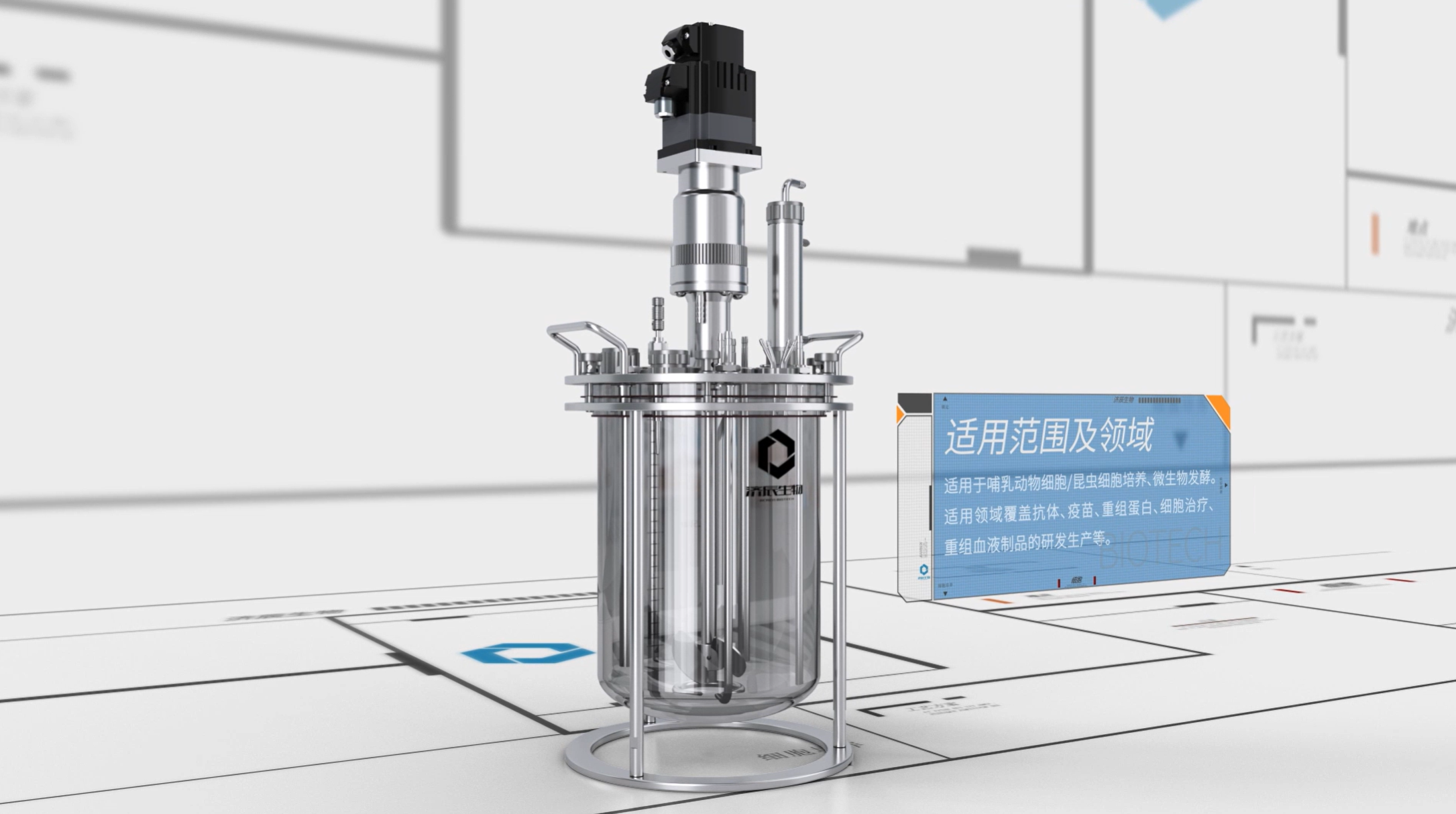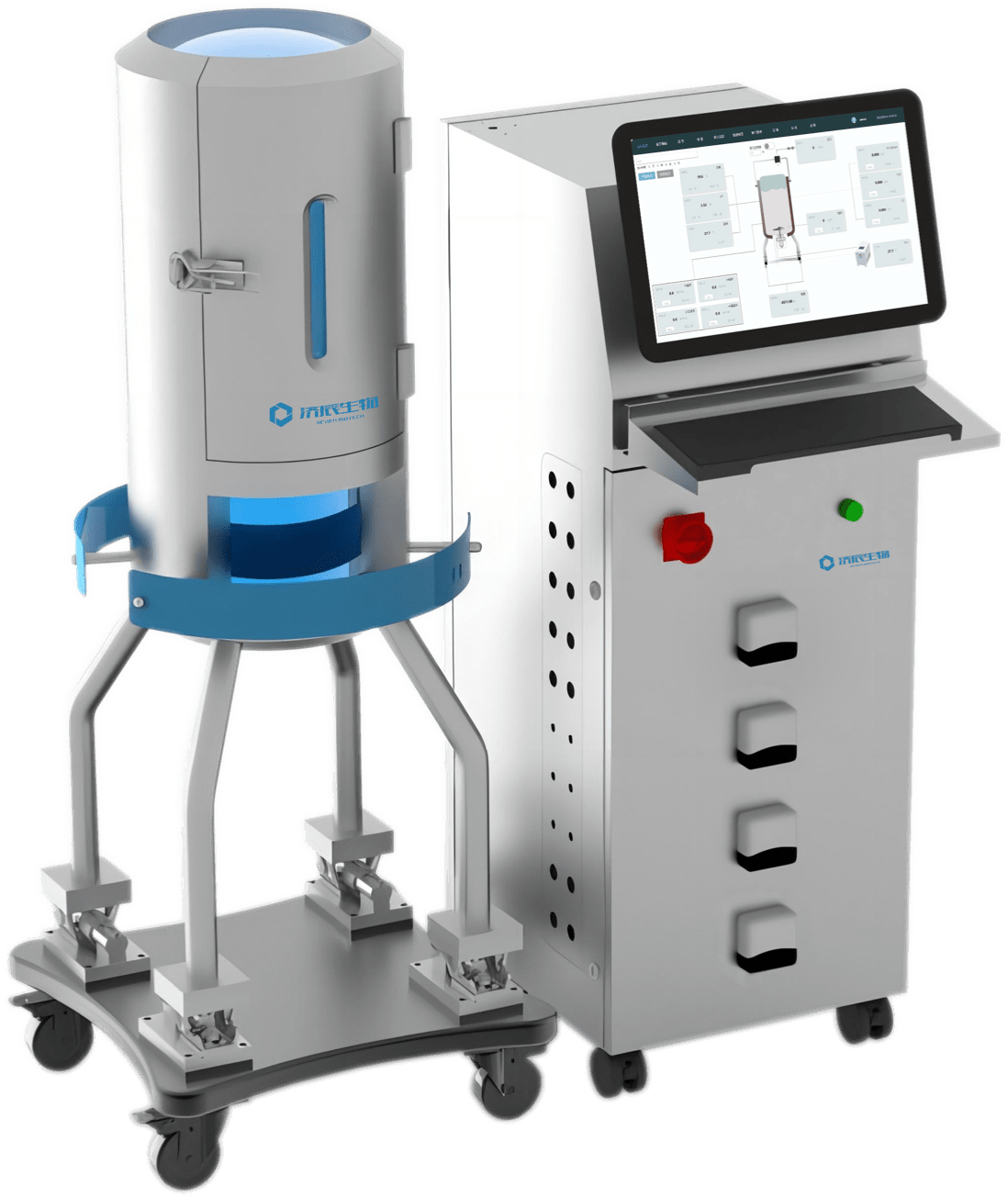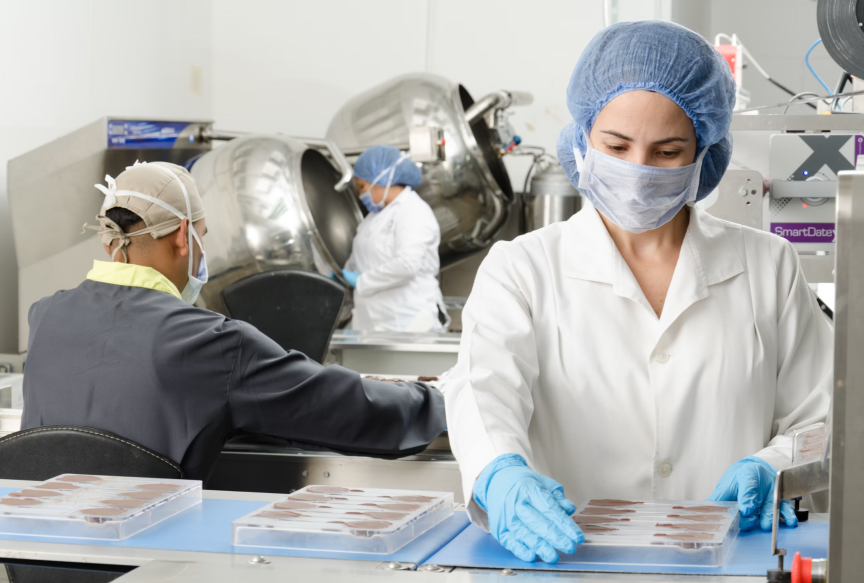A bioreactor is a device that mimics the environment inside an organism and provides it with the nutrients and conditions necessary for growth and reproduction. Bioreactors play a pivotal role in the fields of biotechnology, medicine and food. In this paper, the working principle of bioreactor and its application in various fields will be introduced in detail.
1. Definition of a bioreactor
A bioreactor is a vessel used for biochemical reactions, which is used to make organisms (e.g. microorganisms) (e.g. microorganisms) react in a biochemical process by providing suitable temperature, humidity, oxygen, nutrients, etc.). conditions to allow organisms (e.g., microorganisms, plant and animal cells) to grow, reproduce, and metabolize outside the body.
2. The working principle of a bioreactor
(1) Provide a suitable environment
The bioreactor firstly needs to provide a suitable environment for the growth of organisms. This includes temperature, humidity, oxygen, pH, and so on. A control system ensures that these conditions remain stable within the reactor.
(2) Transferring Nutrients
The bioreactor transfers nutrients to the organisms through the nutrient circulation system. These nutrients include carbon sources, nitrogen sources, vitamins, minerals, etc. The organisms grow and reproduce while absorbing the nutrients.
(3) Discharge of metabolites
Organisms in the bioreactor produce metabolites, such as carbon dioxide, wastewater, etc., as they grow. The bioreactor needs to discharge these metabolites to maintain environmental stability within the reactor.
(4) Regulating the growth status of organisms
The bioreactor adjusts the formulation of the nutrient solution, the circulation rate, etc. by monitoring the growth parameters of the organisms, such as the biomass, cell density, and metabolite concentration, in order to achieve efficient growth of the organisms.
Categorization and application of bioreactors
1. Microbial bioreactors
Microbial bioreactors are mainly used for the production of microbial agents, enzymes, antibiotics and so on. For example, in the fermentation industry, microbial bioreactors are utilized to produce alcohols, organic acids, amino acids, and the like.
2. Animal and plant cell bioreactors
Animal and plant cell bioreactors are mainly used for the production of vaccines, antibodies, hormones, and other biological products. For example, animal cell bioreactors are utilized to produce swine fever vaccines, avian influenza vaccines, and the like.
3. Tissue engineering bioreactor
Tissue engineering bioreactor is used to cultivate and expand stem cells, tissue cells, etc. for tissue regeneration and repair. For example, tissue engineering bioreactors are used to culture chondrocytes for the treatment of joint diseases.
4. Food bioreactors
Food bioreactors are mainly used for the production of functional food products and healthcare products. For example, microbial bioreactors are utilized to produce unsaturated fatty acid-rich microbial fats and oils for use in health food products.
Trends in the development of bioreactors
1. Energy efficient
With the rise of energy prices, the energy efficiency of bioreactors has become a hot research topic. By means of optimizing the reactor structure and improving the control system, we can reduce the energy consumption and improve the production efficiency.
2. Intelligent
Bioreactors will be developed in the direction of intelligence to realize the functions of automatic monitoring, automatic regulation, and remote control, to improve the stability and safety of the production process.
3. Multi-functional integration
The bioreactor will be combined with other equipments (e.g., separating and purifying equipments), realizing multi-functional integration, simplifying the production process and reducing the production cost.
4. Environmentally friendly
Bioreactor will focus on environmental protection, adopt green and sustainable production process, reduce waste emission and realize recycling of resources.
In short, the bioreactor, as a kind of important biotechnology equipment, has a broad development prospect. With the continuous progress of science and technology, bioreactors will play an important role in more fields and bring benefits to human life.
